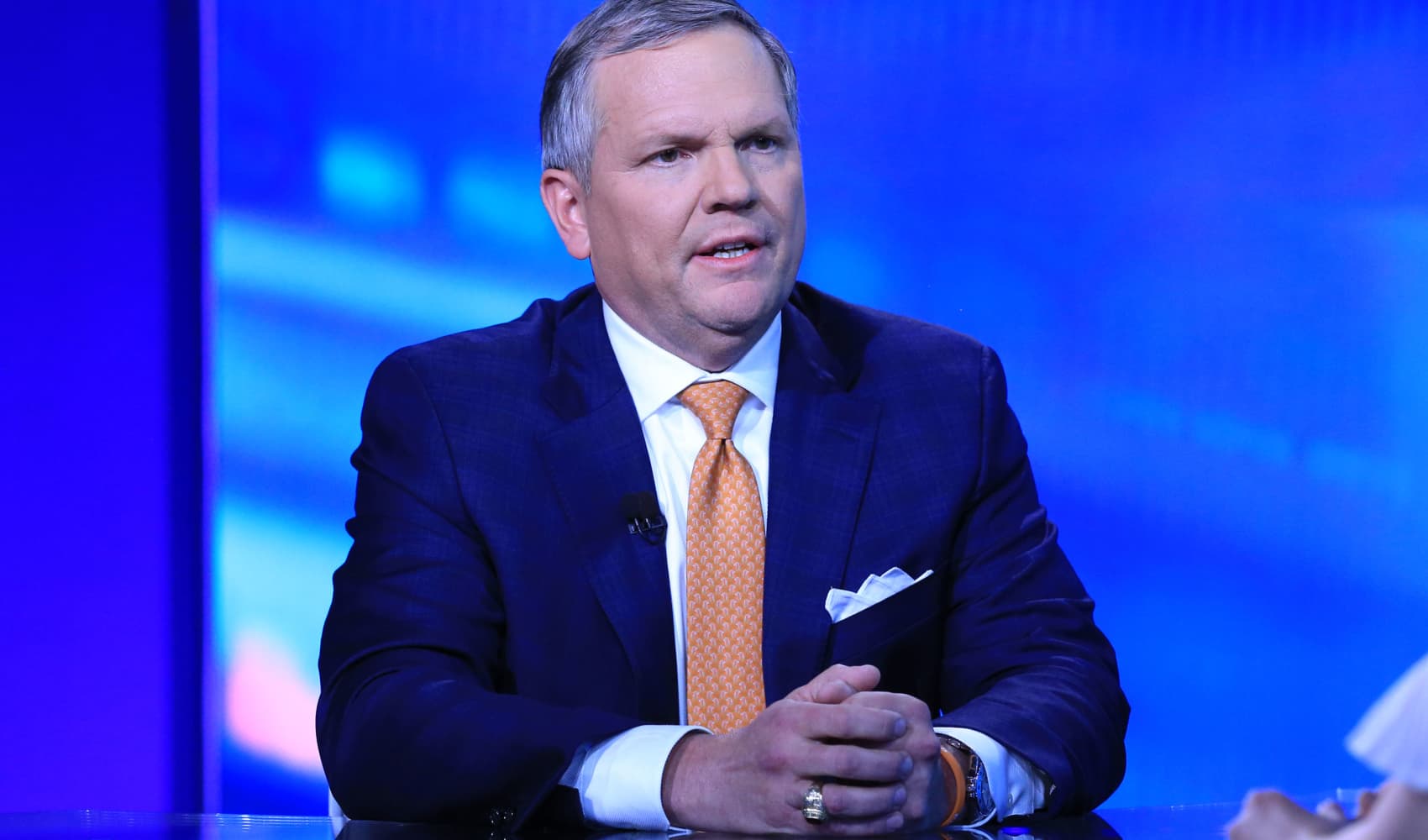
- Japan's central bank has raised its benchmark interest rate to "around 0.25%" from it previous range of 0% to 0.1%.
- This would mark the highest interest rates since October 2008, when it was set at 0.3%.
- It also said that it will reduce the monthly outright purchases of Japanese government bonds to about 3 trillion yen ($19.64 billion) per month in the January to March 2026 quarter.
Japan's central bank has raised its benchmark interest rate to "around 0.25%" from its previous range of 0% to 0.1% and outlined its plan to taper its bond buying program.
This would mark the Bank of Japan's highest interest rates since 2008.
But the Bank of Japan said it expects real interest rates to remain "significantly negative," adding that "accommodative financial conditions will continue to firmly support economic activity."
The central bank forecasts that the core inflation rate — which strips out prices of fresh food — will reach 2.5% by the end of the 2024 fiscal year, and "around 2%" for the 2025 and 2026 fiscal years.
Get Tri-state area news delivered to your inbox. Sign up for NBC New York's News Headlines newsletter.
The BOJ said it will continue to raise the policy interest rate and adjust the degree of monetary accommodation, assuming its economic outlook is realized.
Money Report
Japan's fiscal year runs from April 1 to March 31, which means the 2024 fiscal year will end on March 2025.
The Bank of Japan said that it will reduce the monthly outright purchases of Japanese government bonds to about 3 trillion yen ($19.64 billion) per month in the January to March 2026 quarter. As of its March release, the bank said that purchases of JGB's amounted to about 6 trillion yen per month.
The amount is now planned to be cut by around 400 billion yen per quarter, the BOJ added, which will bring the total JGB holdings down by about 7% to 8% by the 2026 fiscal year. The BOJ's JGB holdings currently stand at a whopping 579 trillion yen as of July 19, according to CNBC's calculations.
However, the central bank emphasized that it will be flexible in this plan and will conduct an interim assessment of the reduction plan at the June 2025 meeting.
"The Bank will make nimble responses by, for example, increasing the amount of JGB purchases," and added that it is "prepared to amend the plan at the MPMs, if deemed necessary."
Following the decision, both the Nikkei 225 and the Topix gained 0.28% and 0.51% respectively, while the Japanese yen strengthened marginally to 152.72.
'Virtuous cycle' intensifying
In its statement, the BOJ pointed out that Japan's economic activity and prices have been developing "generally in line with the outlook presented" in April.
The central bank noted that moves to raise wages have not only been seen in large firms, but have also spread to smaller firms.
The Japanese Trade Union Confederation, commonly known as Rengo, said on July 3 that big firms with 300 or more union-backed employees had raised wages by 5.19%, while small firms had increased pay by 4.45%. This marked the largest wage hike in 33 years, the union said.
The BOJ has repeatedly stated that it aims to form a "virtuous cycle" of increasing prices and wages.
The central bank said business fixed investment has been on a "moderate increasing trend" and corporate profits have been improving, while private consumption has been resilient despite the impact of price rises and other factors.
In light of these factors, the central bank slightly lowered its GDP growth forecast for the 2024 fiscal year to a range of 0.5%-0.7%, down from April's forecast of 0.7%-1%. This was due to previously announced downward revisions of the 2023 GDP numbers.
Both GDP and inflation expectations for the 2025 and 2026 fiscal year remained largely similar.






